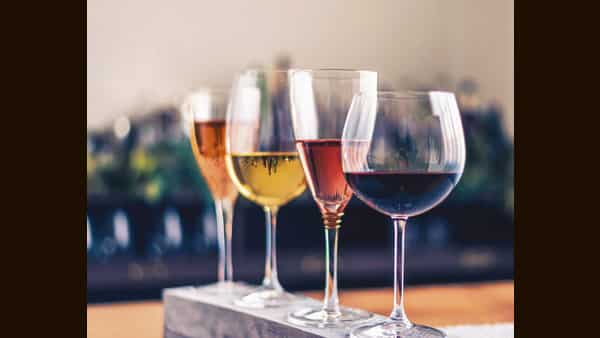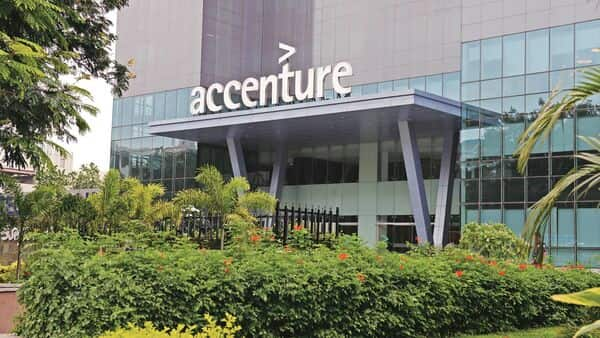[ad_1]
The alco-bev sector is under tremendous pressure with rising costs, higher taxes and shrinking margins.
Leading industry bodies like the International Spirits & Wines Association of India (ISWAI) and the Confederation of Indian Alcoholic Beverage Companies (CIABC) said costs for alco-bev manufacturers have spiralled due to the covid-19 crisis, followed by the Russia-Ukraine war and overall retail inflation.
State taxes now account for 67-81% of an alco-bev product’s price, leaving little for suppliers and traders to sustain and manage their operations, the bodies alleged.
About five years ago, the share of government revenues in the sale price of alcoholic beverages was 60-64%. Unlike other manufacturers—from automobiles to pharmaceuticals—who have raised prices in the last two years, the alco-bev industry has been hamstrung because of a lack of pricing freedom, they said.
Karnataka and West Bengal are two states that have accounted for some of the highest state taxes on alcohol. While in West Bengal, it has been a consistent 81% of the entire revenue pie, Odisha has seen taxes shoot up in both the value and deluxe segments from 73-74% to 79%. Rajasthan has increased similarly to around 70-68% from 60-64% respectively. Uttar Pradesh has also seen a rise of about 10 percentage points in state taxes from 58-68% in both categories. In Maharashtra, taxes have gone up marginally from 68% in 2016-17 to 2021-22 in the value segment and from 63% to 70% in the deluxe segment.
ISWAI said it collected this data from fast moving segments like value and deluxe and a bottle’s MRP has been taken as a benchmark.
“States need to stop treating the liquor industry as a guinea pig industry and there is an urgent need for there to be an inflation-linked business model. The liquor industry has historically contributed 25-40% of revenues for state governments, and therefore imposing higher taxes was an easy way out. But the combination of higher taxes without price hikes is pushing the industry into a crisis,” said Nita Kapoor, the CEO of ISWAI.
She said margins of players across categories like country liquor, premium and value spirits have shrunk about 8-10% on account of higher taxes.
Additionally, companies are also facing margin pressures from rising cost of inputs and raw materials such as extra neutral alcohol (ENA) glass, paper and transportation fuel, which have added another ₹150-200 per case in costs to most companies. While other industries can pass on input cost increase as they wish, alcoholic beverages prices are controlled by states, and companies have no option but to bear it until the government agrees to allow a price increase.
To manage costs, premium liquor manufacturers have taken a decision to remove the mono-cartons or outer boxes from bottles for their premium products, which would offset a part of their production cost increase. Many special levies and charges, even if they are meant for the benefit of the government or the consumers, are put in the billing price and therefore not permitted to be passed on to consumers, CIABC pointed out. For instance, there is a cow cess in Uttar Pradesh, a bottling fees elsewhere, track and trace measure levies in other states.
Such taxes become a stranded cost to companies and have serious implications on margin, anywhere between ₹50-100 per case, said Vinod Giri, director general of CIABC, which represents domestic breweries such as Amrut Distilleries and Third Eye Distillery.“We have successfully convinced some states on the unfairness of forcing companies to bear these taxes, but some other states continue to be reluctant largely due to a perceived fear of an adverse impact on sales if prices go up,” added Giri.
DeVANS Modern Breweries Ltd’s chairman & managing director Prem Dewan said there is not much manufacturers can do to reduce costs without compromising on the product quality.
Download The Mint News App to get Daily Market Updates & Live Business News.
[ad_2]
Source link
John Miller has been writing about science, gaming, and tech culture for over a decade. He’s a top-rated reviewer with extensive experience helping people find the best deals on tech and more.


